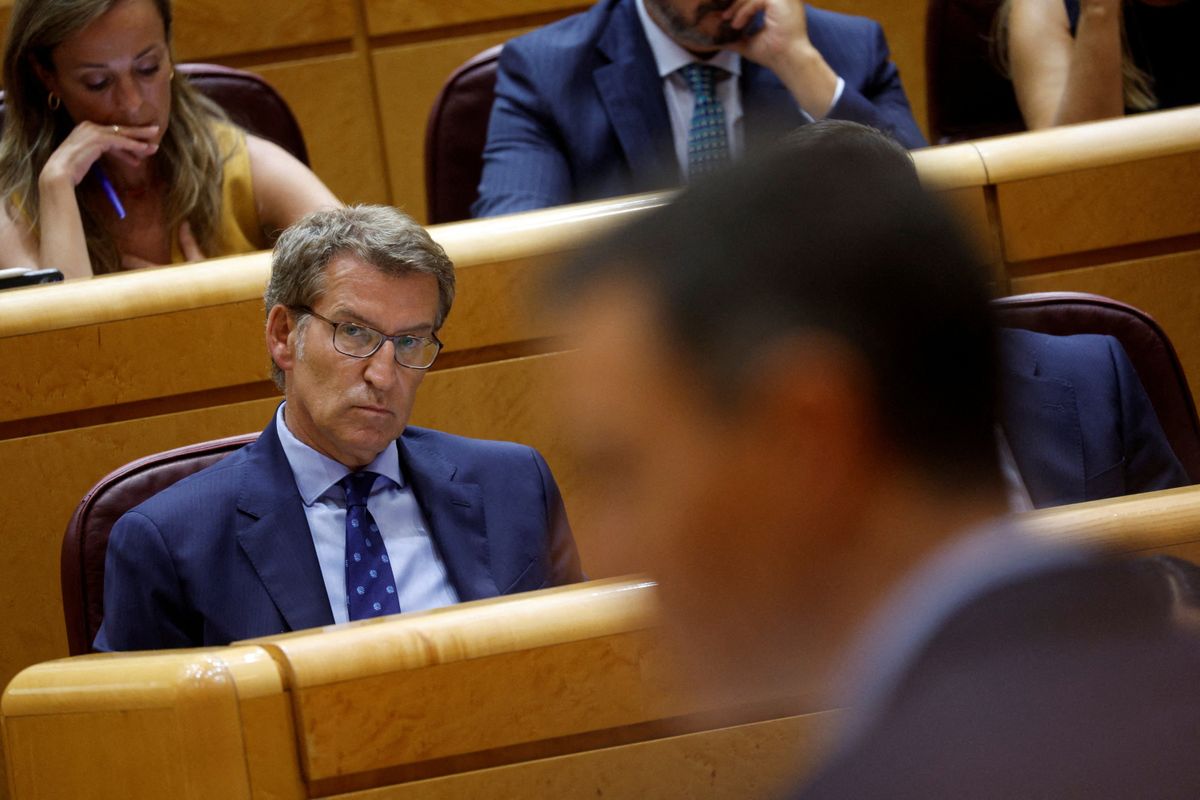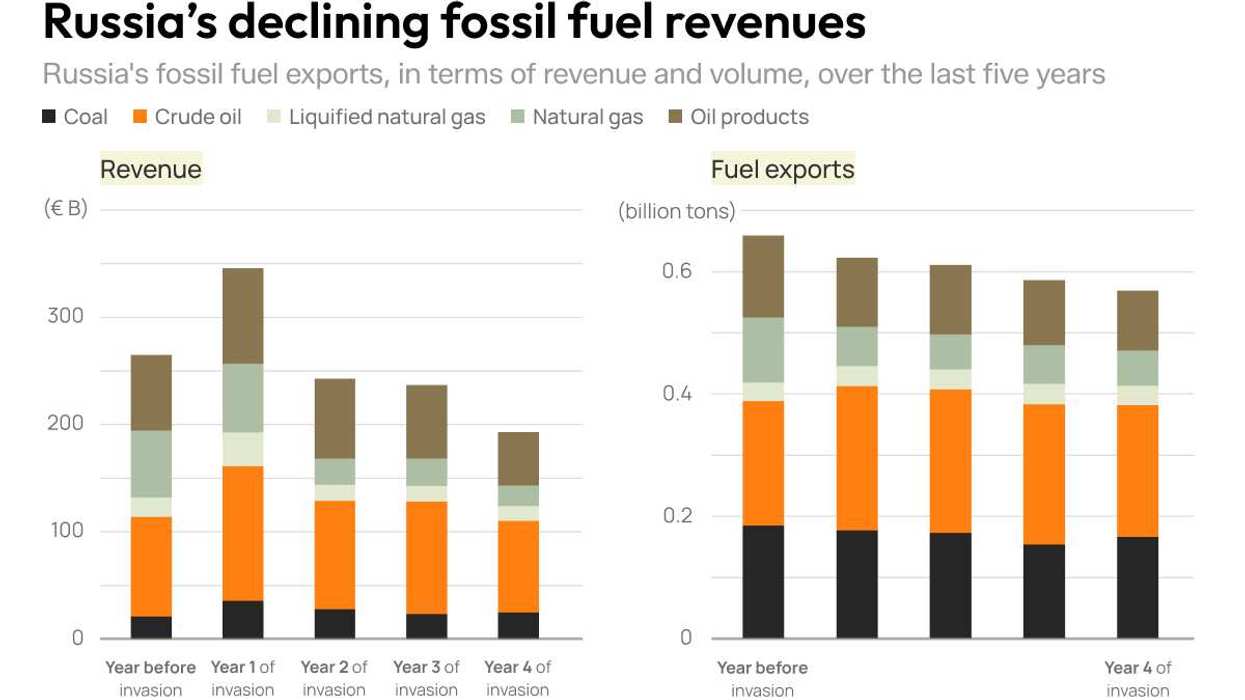On Sunday, municipalities and regions accounting for about half of Spain’s population will hold elections that will reverberate on the national stage.
That’s because the votes are seen as a dry run for this December’s general election. Nationwide polls currently show the ruling left-wing PSOE lagging behind the conservative People’s Party. And since neither is expected to win outright, the support of smaller parties will be essential to form a government. The PSOE will look to progressive and separatist forces, while the PP will rely on support from the far-right Vox Party.
With the economy in the doldrums and the general election on his mind, PM Pedro Sánchez is already campaigning hard ahead of Sunday’s vote. He’s been doling out populist favorites, such as 2-euro movie tickets for seniors, normally seen only before national contests. Meanwhile, PP leader Alberto Núñez Feijoó has been warning voters that Sánchez is not only killing the economy but that he’s also willing to cut deals with just about anyone to stay in power — including a far-left Basque secessionist party whose candidates convicted former terrorists.
Although this is not a national election, what everyone will be keeping an eye on is the overall vote count. If the conservative bloc gets a wide margin, it’ll give the Spanish right a lot of initial momentum ahead of the general election in December.


















